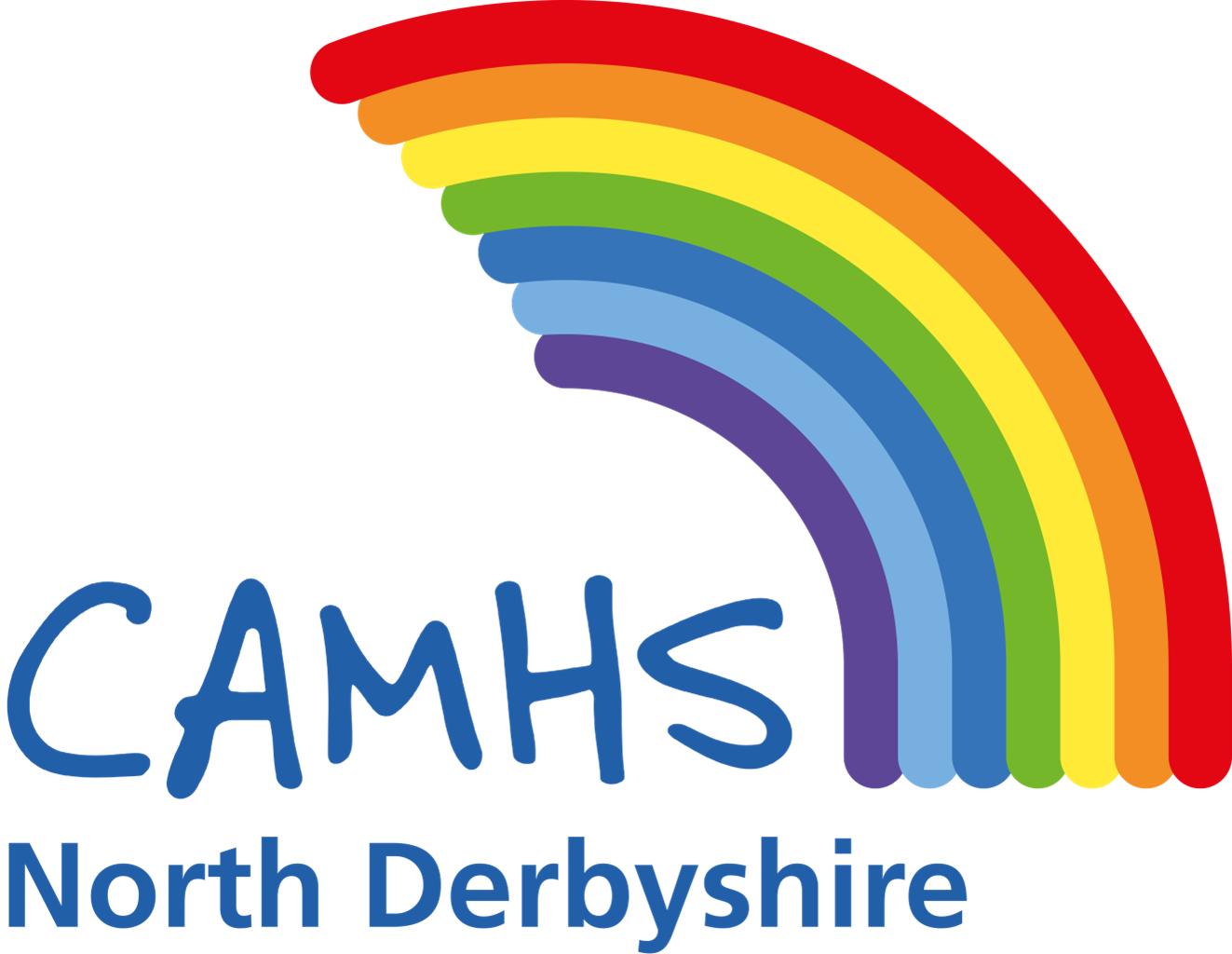common problems
Anger and Aggression
Introduction
Anger is an important emotion, and when we are afraid it can help make us feel less vulnerable and able to survive the situation. The important thing is how anger is expressed and dealt with. It is often when anger is ignored or not expressed properly that it can become a problem. If children’s anger is ignored it can build up inside and may lead to them expressing it in disruptive behaviour or turning their frustrations in on themselves.
THINGS TO THINK ABOUT
Children tend to feel anger for the same reasons adults do. They may have been annoyed by something in the present and are reacting to that, but it could also be that they’ve been badly treated in the past and are still feeling angry about it, and end up carrying a lot of ‘bottled up’ anger around with them.
Consider the following:
Is the child being bullied?
Are they struggling at school?
Are they unable to express themselves verbally?
Are there any issues at home (e.g. parents very strict, parental conflict)?
Have they experienced loss or a bereavement?
THINK ABOUT YOURSELF
Everyone knows what it feels like to be angry or to experience someone else’s anger. These experiences will colour our own responses to a child or adolescent who is angry (e.g. if we have experienced anger turning to violence, we may respond fearfully or defensively).
Being aware of our own attitudes to anger is very important in responding helpfully, so that we do not make negative assumptions and make the situation worse.
CAUSES OF AGGRESSION
Aggressive responses can be learned by modelling.
Aggressive responses are primitive, and are often used in the absence of alternative strategies.
Aggressive behaviours are often an expression of feelings that are difficult to express in other ways.
Aggression is quite a stable characteristic; once it becomes an established pattern of coping, it doesn’t often subside with time.
What can you do as a parent/carer?
WHEN THEY ARE ANGRY
Try to remain calm.
Be assertive, but try to model handling angry feelings without being aggressive.
Try explaining the situation (rule out anger being due to misunderstandings or feeling ignored).
Defuse the situation by offering limited choices; try giving them some control.
Move to a private place, but consider risks of being alone with an angry person.
Enforce sanctions and consequences consistently – this should be viewed as a learning experience.
Try to be clear about how you expect them to behave.
A second-chance opportunity should always be available.
It’s important to provide as many opportunities as possible for anger to be heard and acknowledged.
ONCE THEY HAVE CALMED DOWN
Explain that anger is normal and is not a bad emotion. Try to help them understand it better.
Explain the process of anger and how it affects our body and emotions.
Try to pinpoint what triggers their anger and start to explore alternative ways of coping.
Try to reduce external stressors (e.g. bullying).
Encourage appropriate expression of anger and acknowledge attempts to control it.
Coach them in ways of being respectfully assertive if they disagree with someone else’s behaviour or opinion.
Encourage them to notice situations in which they have handled their anger well or have expressed it effectively and calmly.
Coach them in ways of reducing tension (e.g. exercise and relaxation).
When to consider asking for more specialist help
CONSIDER SEEKING HELP:
When the anger occurs together with other worrying behaviours or psychological problems (e.g. self harm).
If there is a pattern of repetitive, persistent and excessive antisocial, aggressive or defiant behaviour that persists despite interventions.
If your attempts to help have uncovered issues that you feel inexperienced in dealing with.
If the behaviour is out of keeping with the child’s development level, norms of peer group behaviour, and cultural context (e.g. tantrums in a child under 5 years would not be considered abnormal).
Further support, advice and self-help
Young Minds gives free, relevant, practical information about a range of mental health issues in children and young people. It has information about feelings and symptoms, conditions and looking after yourself. It also has some specific information about self-harm and what to do about self-harm.
Website
Minded is a free educational resource on children and young people’s mental health for adults, but can also be really useful for teenagers. It covers lot of topics.
Website
Relate gives specific advice for different types of worries and problems aimed at young people.
Website
This page has been translated into

